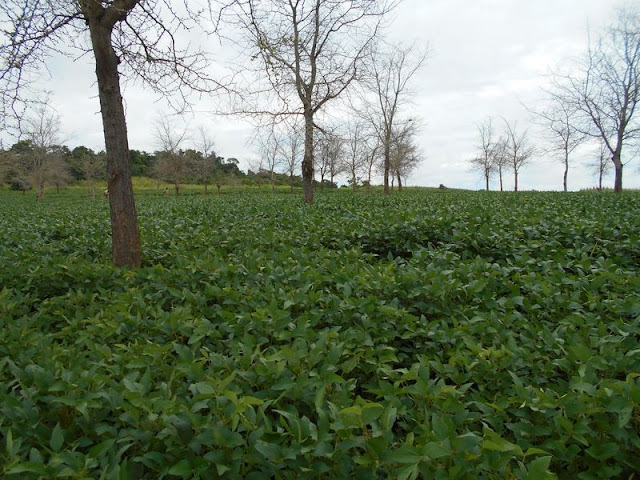Climate smart agriculture impacting farmers' lives

By Gloria Siwisha CLIMATE change is a concern in Sub-Saharan Africa because of its adverse impact on the environment. In Zambia, climate induced hazards such as increase in frequency and severity of seasonal droughts, occasional dry spells, increased temperatures in valleys, flash floods and changes in the growing season, always have a direct impact on farmers’ lives with unforeseen consequences on food, nutrition status, and incomes. For these reasons, the Zambian government, working with collaborating partners, is integrating climate change concerns into its agriculture policy agenda. Under its Zambia climate smart agriculture (CSA) strategy framework, the government is promoting the roll-out of CSA practices that will sustainably increase productivity, enhance resilience of farmers towards climate related effects, and reduce or remove greenhouse gas (GHG) emissions (CSAIP/World Bank, 2019). Conservation agriculture (CA) and agroforestry, are the most w...

